Salehi says awaiting order to resume 20% enrichment 'soon'
Head of the Atomic Energy Organization of Iran (AEOI) Ali Akbar Salehi says the Islamic Republic will soon resume uranium enrichment up to 20 percent.
"God willing, we will start 20% [enrichment] soon," he told national television Friday night.
The decision comes after the Iranian parliament passed a bill, dubbed the Strategic Action Plan to Counter Sanctions, which was written later into the law.
Salehi said the government and his organization are obliged to implement the law.
“We are soldiers of the establishment and our fingers are on the triggers,” Salehi said. “The commander must give the order. We have this readiness and God willing, we will produce [20% enriched uranium] as soon as possible."
The International Atomic Energy Agency said Friday Iran had informed its inspectors of the decision by a letter.
“Iran has informed the agency that in order to comply with a legal act recently passed by the country’s parliament, the Atomic Energy Organization of Iran intends to produce low-enriched uranium (LEU) up to 20 percent at the Fordow Fuel Enrichment Plant,” the IAEA said in a statement.
The agency said it “has inspectors present in Iran on a 24/7 basis and they have regular access to Fordow.” The parliamentary bill also called on Iran to expel those inspectors, though it appears Tehran still hasn’t decided to take that step.
#IAEA DG reported to the Board of Governors and #UNSC about intention of #Tehran to start enrichment op to 20%. Usually such confidential reports are leaked to media in 10 minutes. Today it happened in about 2 hours. The person who leaks is a human being - relaxed on the holiday.
— Mikhail Ulyanov (@Amb_Ulyanov) January 1, 2021
Salehi said Iran would need to switch out natural uranium in centrifuges for material already enriched to 4% to begin the process of going to 20%. IAEA inspectors, he said, should come to Iran and remove seals on some of the connections at the facility.
“It should be done under IAEA supervision,” Salehi added.
Iran showed to the world the peaceful nature of its nuclear program by signing the Joint Comprehensive Plan of Action (JCPOA) with six world states — namely the US, Germany, France, Britain, Russia and China — in 2015. The nuclear deal was also ratified in the form of a UN Security Council Resolution 2231.
However, Washington’s exit in May 2018 and the subsequent reimposition of unilateral sanctions against Tehran left the future of the historic agreement in limbo.
Tehran remained fully compliant with the JCPOA for an entire year, waiting for the co-signatories to fulfill their end of the bargain by offsetting the impacts of Washington’s bans on the Iranian economy.
As the European parties failed to do so, Tehran moved in May 2019 to suspend its JCPOA commitments under Articles 26 and 36 of the agreement covering Tehran’s legal rights.
Last month, the Iranian parliament required the government to scale back more obligations under the JCPOA after a prominent nuclear scientist was assassinated in a sophisticated attack near Tehran.
The US and Israel are fiercely opposed to Iran's nuclear energy program and have repeatedly targeted it in coordinated sabotage attacks.
The law requires the Atomic Energy Organization of Iran to produce at least 120 kilograms of 20-percent enriched uranium annually and store it inside the country within two months after the adoption of the law.
The law further urges the AEOI to start the installation, gas injection, enrichment and storage of nuclear materials up to an appropriate enrichment degree within a period of three months using at least 1,000 IR-2m centrifuges.
Iran has resumed enrichment at Fordow, some 90 kilometers southwest of Tehran.
Shielded by the mountains, Fordow is ringed by anti-aircraft guns and other fortifications. The 2015 deal called for Fordow to be turned into a research-and-development facility.
Tehran has expressed its readiness to reverse the suspension of its commitments only if the US returns to the nuclear deal and lifts all sanctions without any preconditions or if the European co-chairs manage to protect business ties with Iran against Washington’s sanctions as part of their contractual obligations.
D-8’s role in Iran’s economy after Cairo summit
China slams US as ‘war-addicted’ threat to global security
China ‘firmly opposes’ US military aid to Taiwan
VIDEO | Press TV's News Headlines
President Yoon Suk Yeol to be removed from office
At least 19 Gazans killed by Israeli airstrikes since dawn: Medics
Leader: Iran neither has nor needs proxy forces
US fighter aircraft shot down ‘in friendly fire’ amid aggression on Yemen


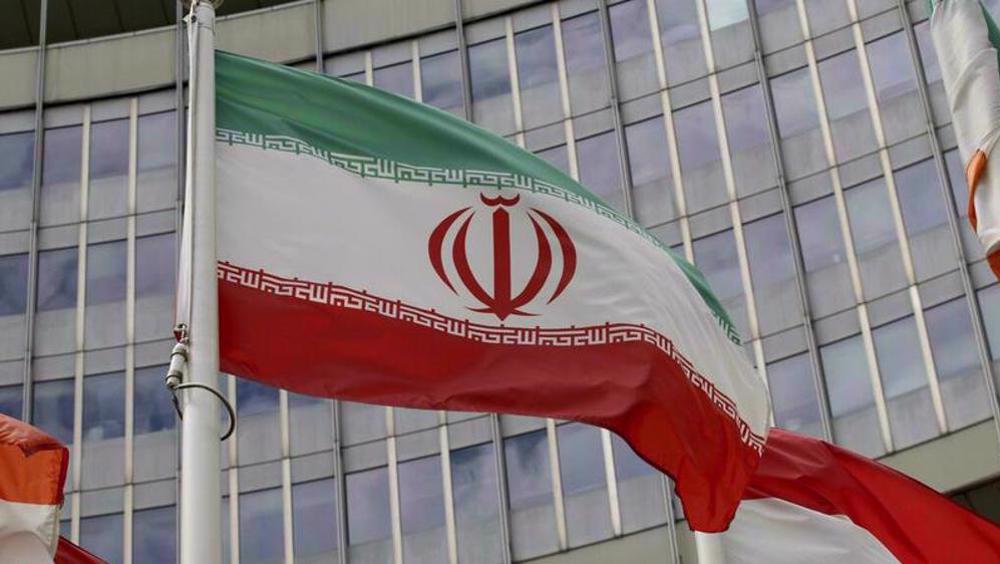

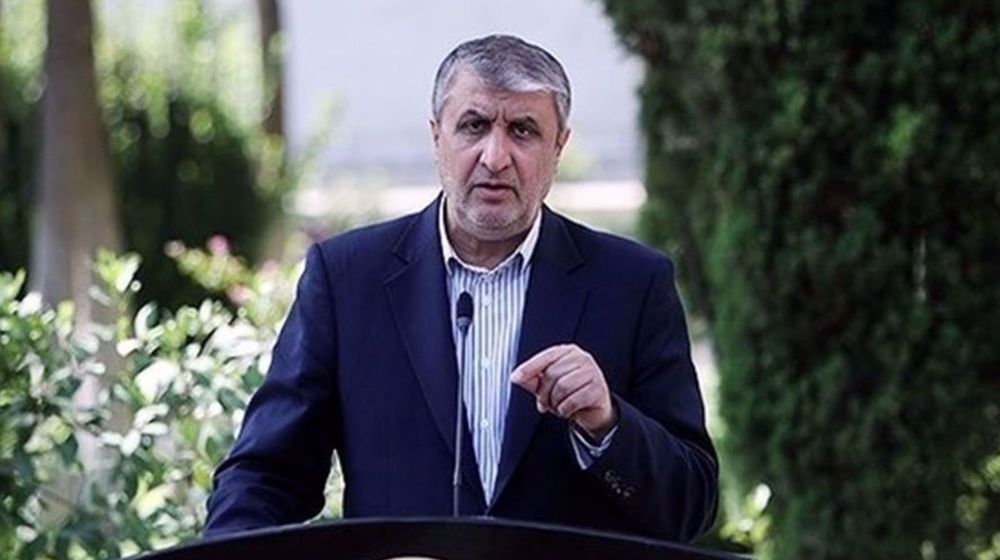
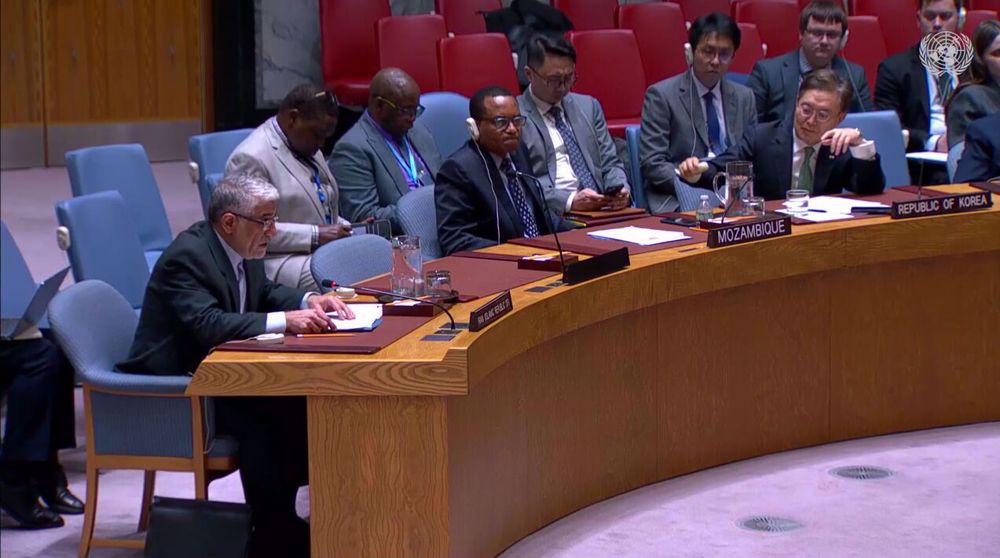
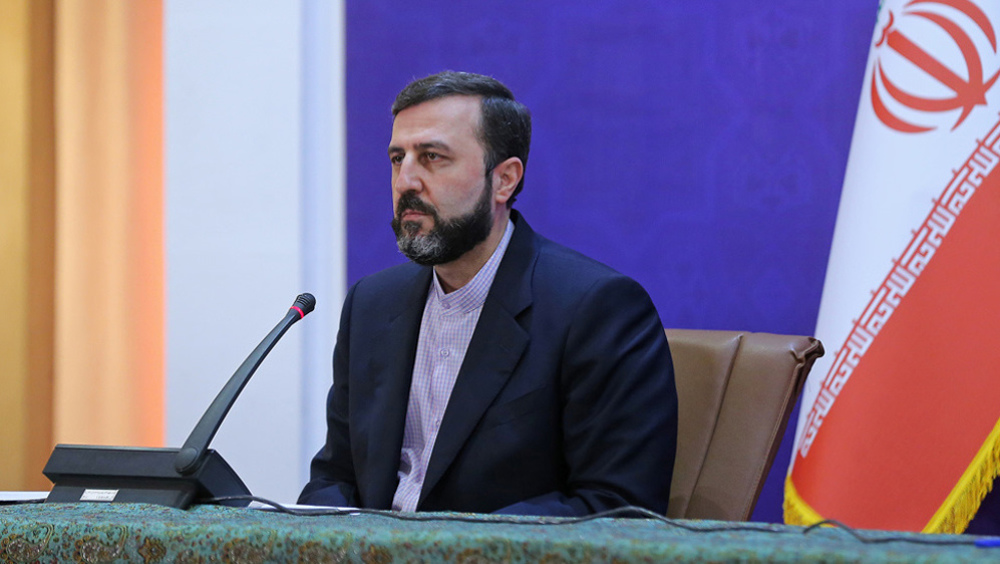



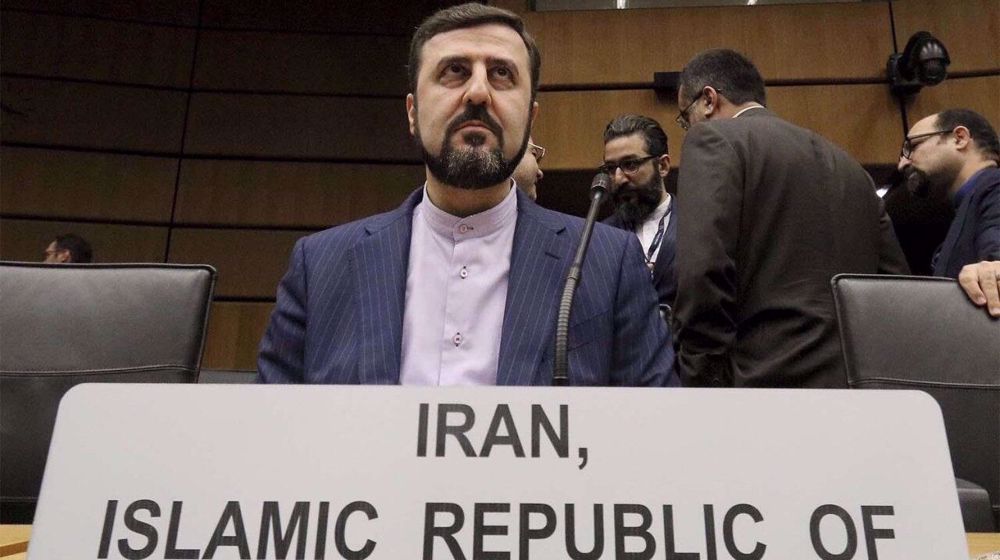

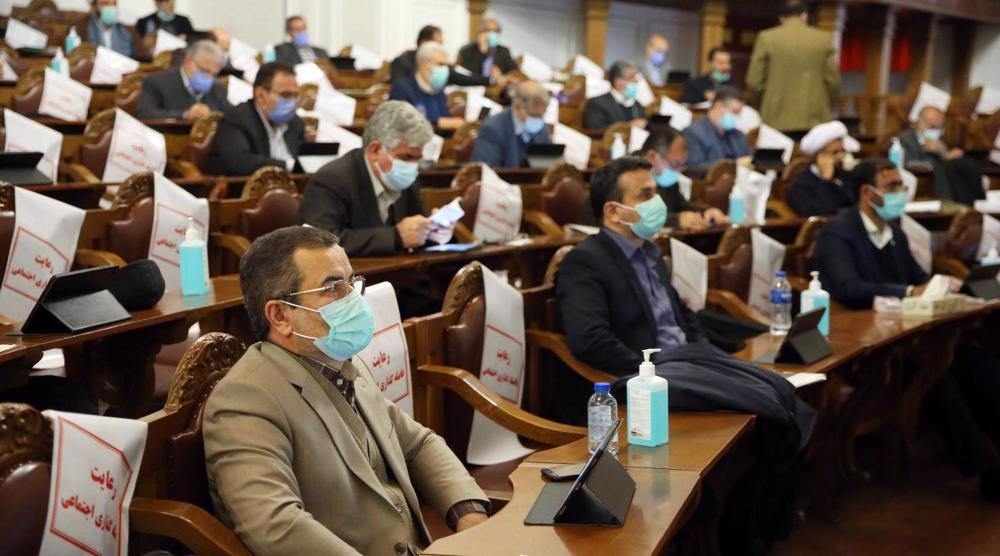




 This makes it easy to access the Press TV website
This makes it easy to access the Press TV website